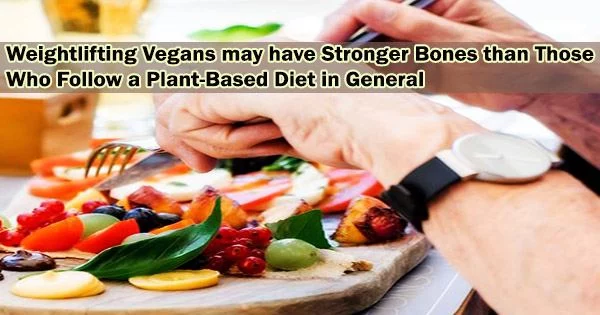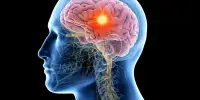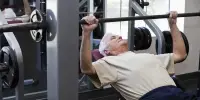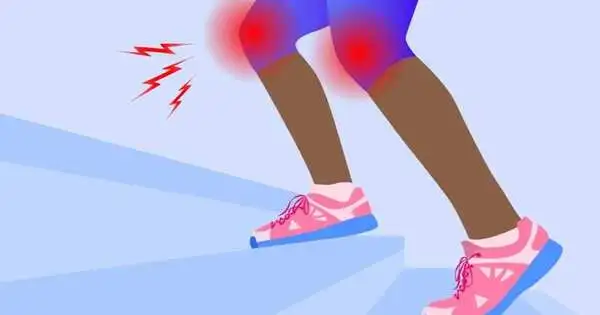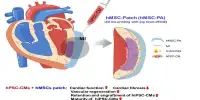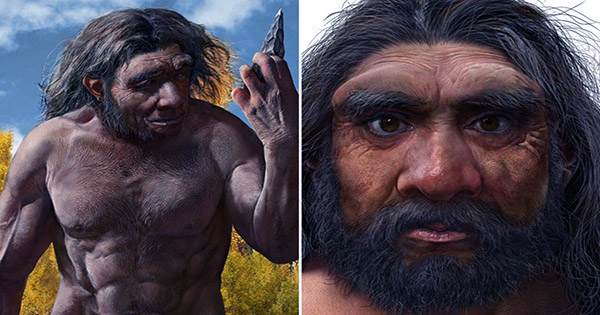A new study in the Journal of Clinical Endocrinology & Metabolism of the Endocrine Society suggests that strength training, as opposed to other forms of exercise like biking or swimming, may strengthen bones in vegans more than other vegans.
Veganism is practiced by about 6% of Americans. A plant-based diet may be linked to reduced bone mineral density and an increased risk of fracture, according to recent studies.
“Veganism is a global trend with strongly increasing numbers of people worldwide adhering to a purely plant-based diet,” said Christian Muschitz, M.D., of St. Vincent Hospital Vienna and the Medical University of Vienna in Vienna, Austria. “Our study showed resistance training offsets diminished bone structure in vegan people when compared to omnivores.”
Data from 45 men and women who had been eating omnivorously for at least five years and 43 men and women who had been on a plant-based diet for at least five years were compared by the authors. Both animal and plant-based diets are consumed by omnivores.
Veganism is a global trend with strongly increasing numbers of people worldwide adhering to a purely plant-based diet. Our study showed resistance training offsets diminished bone structure in vegan people when compared to omnivores.
Christian Muschitz
Researchers discovered that vegan subjects who engaged in resistance training exercises, such as those involving machines, free weights, or bodyweight resistance, at least once per week had stronger bones than those who did not. Additionally, they discovered that resistance-trained vegans and omnivores had similar bone structures.
“People who adhere to a vegan lifestyle should perform resistance training on a regular basis to preserve bone strength,” Muschitz said.
Other authors of this study include:
Robert Wakolbinger-Habel of the Vienna Healthcare Group and the Medical University of Vienna in Vienna, Austria; Matthias Reinweber of the Vienna Healthcare Group; Jürgen König, Daniel König and Rochus Pokan of the University of Vienna in Vienna, Austria; and Peter Pietschmann of the Medical University of Vienna.
